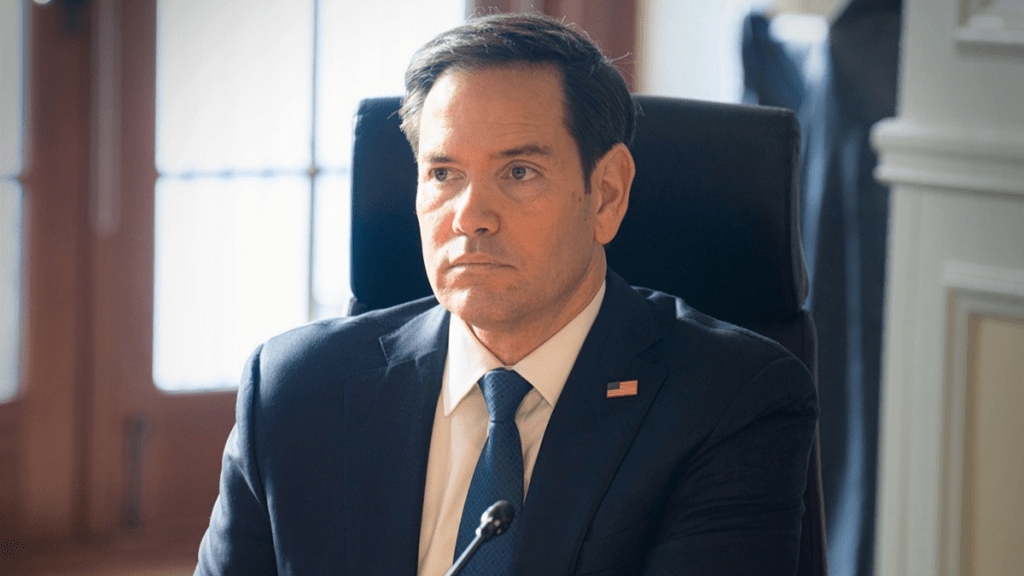Marco Rubio, Secretary of State for the United States of America, has disclosed the high-level interactions via a social media post, stating that they had communicated with key figures from both nations. The list included Indian Prime Minister Narendra Modi, Pakistani Prime Minister Shehbaz Sharif, Indian External Affairs Minister Subrahmanyam Jaishankar, Pakistani Chief of Army Staff Asim Munir, and Indian National Security Advisor Ajit Doval.
Over the past 48 hours, @VP Vance and I have engaged with senior Indian and Pakistani officials, including Prime Ministers Narendra Modi and Shehbaz Sharif, External Affairs Minister Subrahmanyam Jaishankar, Chief of Army Staff Asim Munir, and National Security Advisors Ajit…
— Secretary Marco Rubio (@SecRubio) May 10, 2025
Marco Rubio posted on ‘X’
“Over the past 48 hours,@VP Vance and I have engaged with senior Indian and Pakistani officials, including Prime Ministers Narendra Modi and Shehbaz Sharif, External Affairs Minister Subrahmanyam Jaishankar, Chief of Army Staff Asim Munir, and National Security Advisors Ajit Doval and Asim Malik.” Rubio’s post read.
While the specific details of the discussions remain undisclosed, the breadth of the engagements suggests a concerted effort by the U.S. to navigate the complex relationship between the two nuclear-armed neighbours. The inclusion of military and security officials in the talks highlights the potential focus on regional stability and security concerns.
The post further read,” I am pleased to announce the Governments of India and Pakistan have agreed to an immediate ceasefire and to start talks on a broad set of issues at a neutral site. We commend Prime Ministers Modi and Sharif on their wisdom, prudence, and statesmanship in choosing the path of peace.”
The timing of these discussions comes amid ongoing geopolitical shifts and regional tensions, making the U.S. involvement particularly significant. Analysts speculate that the discussions could revolve around a range of issues, including cross-border terrorism, regional security, trade relations, and broader strategic cooperation.

